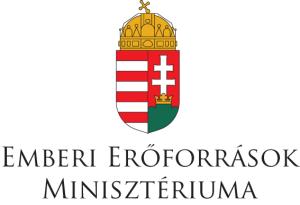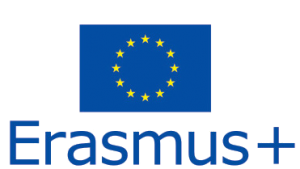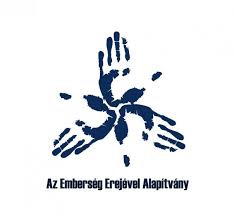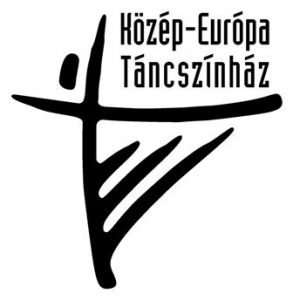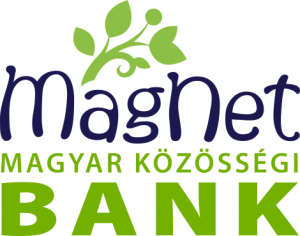Leonor Wiesner, Policy Officer, Directorate-General for Education and CultureDICE conference, European Parliament, Brussels
25th October 2010
The contribution of key competences – in particular the key competence ‘cultural awareness and expression’ to the objectives and flagship initiatives of the Europe 2020 Strategy
I was at first surprised by one of the Final Statements included in the policy paper of the DICE project – which, with this small exception, I highly appreciate. I quote: “Although Europe 2020 is a comprehensive long-term strategy, it names only one competence to be developed: literacy. To achieve targeted smart, sustainable and inclusive growth, this technocratic approach must be broadened to all competences (…)”.
I though that this could only be a mistake and talked about it to Adam (the leader of the DICE project). How could a global strategy include only literacy, important as it may be? It would make no sense at all, there is so much more to be covered! Adam appreciated my comment and invited me to talk about this in this conference, which I thanked and accepted.
The Recommendation on the key competences states that “key competences in the shape of knowledge, skills and attitudes appropriate to each context are fundamental to each individual in a knowledge-based society. They provide added value for the labour market, social cohesion and active citizenship by offering flexibility and adaptability, satisfaction and motivation. Because they should be acquired by everyone this Recommendation proposes a reference tool for the Member States to ensure that these key competences are fully integrated into their strategies and infrastructures, particularly in the context of lifelong learning”.
The Commission did not forget in 2010 what it proposed in 2006. In fact, key competences and EU Strategy 2020 should be seen together, since one completes the other. As the EU emerges from the economic crisis, the motor for growth will be increasing skill levels. The vision for Europe 2020 projects a confident Europe making effective use of its strengths and resources and employing creativity and enterprise in the development of a knowledge economy which is globally competitive. The strategy proposes the following headline targets:
- 75% of the population aged 20-64 should be employed:
- 3% of the EU’s GDP should be invested in R&D;
- The “20/20/20” climate/energy targets should be met (including an increase to 30% of emissions reduction if the conditions are right);
- The share of early school leavers should be under 10% and at least 40% of the younger population should have a tertiary degree;
- 20 million less people should be at risk of poverty.
All key competences will be needed in order to implement this strategy.
The above-mentioned targets are representative of the three priorities of smart, sustainable and inclusive growth, but they are not exhaustive: a wide range of actions at national, EU and international levels will be necessary to underpin them. The Commission is putting forward seven flagship initiatives to catalyse progress under each priority theme. The flagships are the following:
- “Innovation Union”: to improve framework conditions and access to finance for research and innovation, so as to ensue that innovative ideas can be turned into products and services that create growth and jobs.
- “Youth on the move” to enhance the performance of education systems and to facilitate the entrance of young people into the labour market.
- “A digital agenda for Europe”, to speed up the roll-out of high-speed internet and reap the benefits of a digital single market for households and firms.
- “Resource efficient Europe” to help decouple economic growth from the use of resources.
- “An industrial policy for the globalisation era” to improve the business environment, notably for SMEs, and to support the development of a strong and sustainable industrial base able to compete globally.
- An agenda for new skills for new jobs, to modernise labour markets and empower people by developing their skills throughout the lifecycle with a view to increase labour participation and better match labour supply and demand, including through labour mobility.
- European platform against poverty to ensure social and territorial cohesion such that the benefits of growth and jobs are widely shared and people experiencing poverty and social exclusion are enabled to live in dignity and take an active part in society.
It is our view that key competences, priorities, headline targets and flagships initiatives from Europe 2020 are clearly interlinked. The Europe 2020 flagship initiative ‘Youth on the Move’ puts early school leaving in a wider perspective by emphasising the need to provide quality and equity in education and training, to provide more young people with the necessary competences to become lifelong learners and to give more young people the chance to experience learning mobility. For Innovation Union you need to stimulate creativity and innovation in different sectors across Europe; the ‘European Agenda for Europe’ seeks to promote growth in cultural and creative industries through the full exploitation of the opportunities of the digital shift; under ‘New Skills for new jobs”, the need for new skills (so-called ‘soft skills’) is analysed. In order to develop ‘an industrial policy for the globalisation era, the EU should develop a strategy to ‘brand’ Europe as a creative place and build on its cultural strength.
If we want to implement this ambitious strategy, how is it possible not to recognise the need for young people to be equipped with – at least! – some key competences ? It is not difficult to recognise the need for competences like learning to learn, interpersonal, intercultural and social competences, civic competence, entrepreneurship and, last but not least, cultural awareness and expression.
Concerning this last key competence, I would like to underline that arts and culture understood in a broad sense contribute substantially to the social capital of modern societies, facilitating the interaction between different groups, expressing common values and providing the cement that holds the society together. According to the results of the DICE project, students that participate regularly in educational theatre and drama activities, in comparison to their peers who don’t, show the following characteristics, among others: feel more confident in reading and understanding tasks; are more likely to feel that they are creative; like going to school more; enjoy school activities more; are better at problem-solving; are more tolerant towards foreigners and are more innovative and entrepreneurial. This will result in many of the expected outcomes of EU 2020:
- Rise in the employment rate, since levels of skilled people will increase;
- Reduction in the number of early school leavers: students enjoy school!
- Stronger synergies between education and culture: more creative skills for the creative industries, more employment, less poverty…
- More active citizens: entrepreneurship and innovation will improve!
- More openness to cultural diversity: more social and territorial cohesion.
- Innovative, creative and competitive citizens: do I need to say more?
Where is ‘only literacy’?
(Homepage editor’s note: the text of the Europe 2020 strategy available for the public does not mention any other competences, including cultural awareness and expression. It was great to learn that the Commission has a strategy on the other competences as part of the Europe 2020, and we were really thankful to Leonor to share these thoughts with us. As the information above might be relevant for any actors of the cultural and educational sector, we decided to publish the text on this homepage.)


